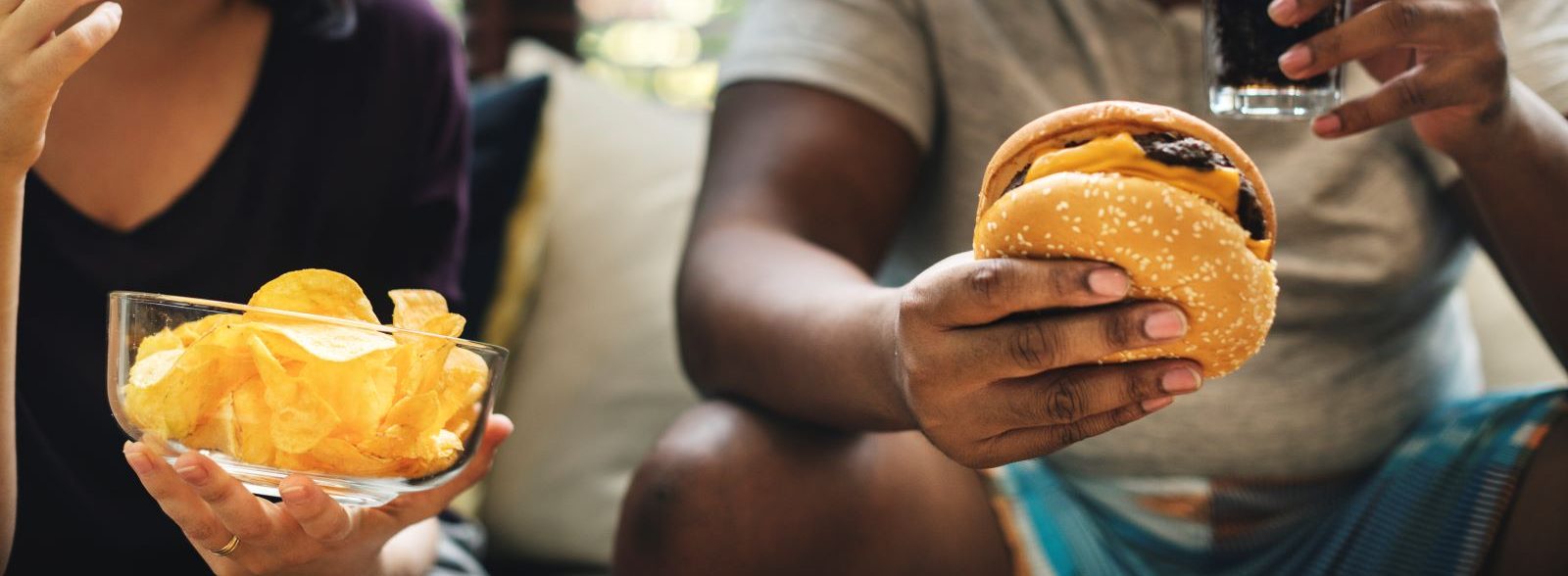<< Back
Could Ultra-Processed Foods Cause Ovarian and Breast Cancer?

March 24, 2023
Do you need one more reason to skip chips, candy and soda? According to a new study, they may be linked to a higher risk of death – especially from ovarian and breast cancers.
Previous research linked ultra-processed foods with obesity and inflammation, which affect cancer risk, but the latest research is the first time they’ve been linked to specific forms of the disease.
Here’s what the study revealed about the link and what you can do to limit your risk.
Cancer connection
Earlier research found ultra-processed foods can increase lifetime risk of cancer in general, but Great Britain researchers focused on 34 types of cancer in evaluating the diets of 200,000 middle-aged adults. They found that for every 10% increase in ultra-processed foods a person ate, they had a 2% increased risk of cancer overall.
The numbers were even higher for breast and ovarian cancer. For the same increase in such foods, people have:
- 19% higher risk of developing ovarian cancer, and a 30% higher risk of dying from it.
- 16% higher risk of developing and dying from breast cancer.
“Fat cells produce substances similar to estrogen. The level of estrogen the tissues ‘recognize’ in overweight people is higher than a person of normal weight. This correlates to increased risk of estrogen-responsive breast cancers,” explains Kimberly Caprio, MD, a Torrington breast cancer specialist.
Processed provisions
Ultra-processed foods are manufactured, containing five or more ingredients. They include substances like hydrogenated oils and modified starches not normally found in food, and additives for color and freshness.
Examples include:
- Packaged cookies and cakes
- Candy
- Soda
- Energy drinks
- Prepared pizza
- Frozen meals
- Deli meat
- Hotdogs
- Sweetened and flavored yogurt
- Sweetened juice
- Jarred sauces
- Fast food
What can be learned from the study?
“I can definitely see the effect of diet on obesity, which increases a person’s effective estrogen level, and blood sugar, which adds fuel to the fire in cancer,” says Dr. Caprio. “But, the magnitude of increased risk of specific cancers needs more study.”
While further research is done, she suggests following a healthy diet and scrapping foods that require processing or ultra-processing.
“We believe about half of cancer can be prevented through diet and lifestyle changes,” Dr. Caprio says. “One thing we can control is our own diet.”